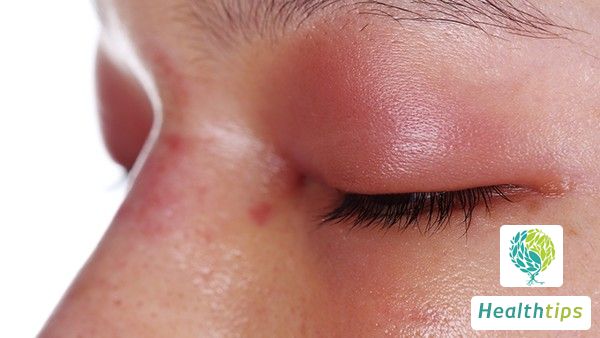The appearance of melanin spots on the face can be caused by various factors such as trauma, exposure to the sun, genetics, and endocrine disorders. Understanding these causes can help us better prevent and treat melanin spots.

1. Trauma and Inflammation: When the skin is injured or stimulated by inflammation, it may lead to excessive deposition of melanin, resulting in the formation of spots. For example, acne, eczema, and other skin issues often leave pigmentation spots after healing. This can be prevented by avoiding skin injuries and promptly treating inflammation.
2. Ultraviolet Exposure: Prolonged exposure to the sun stimulates melanocytes in the skin, leading to excessive melanin production and the formation of sunspots and chloasma. Using sunscreen, wearing hats, and carrying parasols are effective protective measures when going out.
3. Genetic Factors: Some people are genetically predisposed to develop spots on their skin. Although complete prevention may be difficult in this case, daily care and sun protection can help reduce the worsening of spots.
4. Endocrine Disorders: Endocrine imbalances, especially during pregnancy, menstruation, and menopause in women, can cause fluctuations in hormone levels, leading to the appearance of melanin spots. Maintaining endocrine balance can be achieved through regular sleep patterns, balanced diets, and appropriate exercise.
5. Diet and Lifestyle: Poor dietary habits and lifestyles can also contribute to the formation of melanin spots. Consuming too many spicy, greasy, and stimulating foods can adversely affect the skin. It is recommended to eat more foods rich in Vitamin C and Vitamin E, such as citrus fruits, green leafy vegetables, and nuts, as these nutrients help inhibit melanin production and improve skin condition.
6. Medical Treatments: For already formed melanin spots, medical treatments can be used for removal. For example, laser treatment and cryotherapy are common methods for spot removal. These methods should be performed under the guidance of a doctor to ensure safety and effectiveness.
7. Topical Products: Using skincare products containing Vitamin C and Vitamin E can also help lighten melanin spots. Vitamin C has an antioxidant effect that inhibits melanin production, while Vitamin E helps repair damaged skin and promote metabolism.
8. Daily Care: Maintaining good lifestyle habits and skin care is key to preventing melanin spots. Ensuring sufficient sleep every day, avoiding staying up late, maintaining a happy mood, and reducing stress all contribute to skin health.
The causes of melanin spots on the face are diverse, and adopting corresponding prevention and treatment methods for different causes can effectively improve skin condition. Paying attention to sun protection, maintaining a balanced diet, having good sleep patterns, and seeking professional medical help when necessary are all good ways to protect the skin.




















